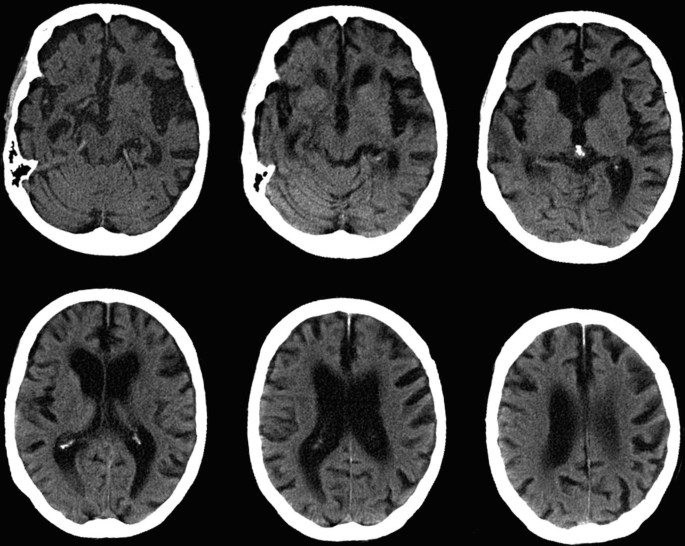A Research on the Therapeutic Potential of Novel Chemical Entities Utilized in an Animal Model of Alzheimer's Disease
Abstract
Alzheimer’s disease is a debilitating condition that affects the nervous system. The current method of treating Alzheimer’s diseaseis ineffective at achieving long-term control of the disease and is also associated with a variety of side effects, such as dyskinesia. The development of non-dopaminergic treatments for Alzheimer’s disease(AD) is aimed at creating therapies that can improve motor deficits without the risk of the adverse chronic effects that are associated with traditional dopaminergic medications. The metabotropic glutamate receptor mGluR4, which is currently receiving attention, is one example of such a target. The activation of mGluR4 has the potential to be presented as a novel and promising treatment for Parkinson's disease. In addition, it is believed that a valid and viable treatment option for Alzheimer’s diseaseis the application of a positive allosteric modulator at the orthosteric glutamate site as opposed to the use of direct acting agonists.
References
Le Poul E, Boléa C, Girard F, Poli S, Charvin D, Campo B, Bortoli J, Bessif A, Luo B, Koser J, Hodge M, Smith M, DiLella G, Liverton N, Hess F, Browne E, Reynolds J. A Potent and Selective Metabotropic Glutamate Receptor 4 Positive Allosteric Modulator Improves Movement in Rodent Models of Parkinson’s disease. J Pharma Eex Thera 2012: 343: 167–177
Park A, Stacy M. Disease-Modifying Drugs in Parkinson's Disease. Drugs 2015 ; 75: 2065-2071
Brooks I, Chadwick A, Gelbard A, Cory-Slechta A, Federoff J. Paraquat elicited neurobehavioral syndrome caused by dopaminergic neuron loss. Brain Res 1999; 823: 1-10.
Cacabelos R. Parkinson's Disease: From Pathogenesis to Pharmacogenomics. Int J Mol Sci 2017;4: 18(3)
Duty S, Jenner P. Animal models of Parkinson's disease: a source of novel treatments and clues to the cause of the disease. Br J Pharmacol. 2011; 164: 1357-1391.







